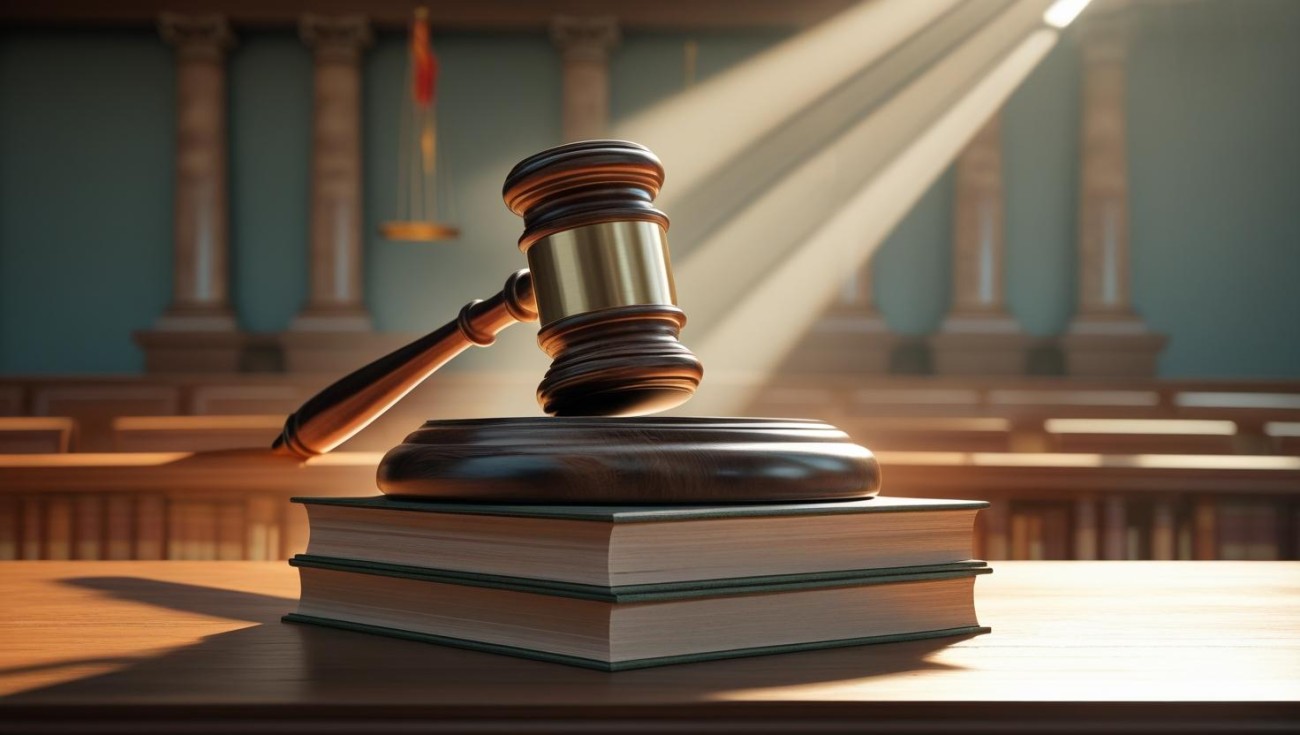The Authority of Judicial Precedents in the Saudi Legal System
Introduction
Judicial precedents are among the fundamental pillars of justice and legal stability in legal systems worldwide. In the Kingdom of Saudi Arabia, they play a significant role in supporting judicial reasoning and unifying approaches among courts while maintaining flexibility to adapt to social and economic changes.
What are Judicial Precedents?
According to Sheikh Abdullah bin Mohammed Al-Khunein, judicial precedents are defined as: "judgments issued on specific incidents that had no previously established legal rule."
In other words, a judicial precedent refers to a ruling in a case that did not previously have an explicit or clear judgment, and this ruling becomes a reference to be considered in similar subsequent cases. They help bridge gaps in legislation through judicial reasoning that considers the specific circumstances of each case and acts as a complement to statutory texts and a source of judicial interpretation.
Are Judicial Precedents Binding?
A common question arises: Are judicial precedents binding in Saudi Arabia?
The answer is: Yes, but with specific conditions. Not all precedents are absolutely binding. However, those issued by the Supreme Court are binding for lower courts. This is confirmed by Article 40 of the Law of Civil Procedure, which states that contradicting a principle issued by the Supreme Court constitutes a legal violation.
💡 View the Law of Civil Procedure
Judicial Precedent vs. Judicial Principle
- Judicial Precedent: A ruling issued in a specific case based on the judge’s interpretation.
- Judicial Principle: A legal rule derived from a set of similar precedents and used as a unified reference in similar cases.
Role of the Supreme Court
The Supreme Court is the highest judicial body in the Kingdom and the only authority empowered to establish binding judicial principles. Its rulings help to:
- Unify judicial interpretation.
- Reduce discrepancies in rulings.
- Ensure legal stability.
- Enhance investor and public trust in the judiciary.
The Scientific Judicial Portal
The Ministry of Justice launched the Scientific Judicial Portal, a public digital platform that provides access to thousands of published rulings. It serves as a primary source for judicial precedents in commercial, labor, criminal, and personal status cases.
🔗 Access the Scientific Judicial Portal
Importance of Judicial Precedents in Achieving Justice
- Unifying judicial interpretations and reducing disparities in rulings.
- Promoting transparency through public access to rulings.
- Expediting decisions in repetitive cases.
- Improving legal pleadings by referencing clear precedents.
- Enhancing the efficiency and fairness of the judicial system.
Judicial Reasoning and Statutory Interpretation
Often, statutory texts alone are insufficient for interpreting complex realities. Judicial reasoning becomes vital, where judges apply legal texts in light of case-specific facts and circumstances. This enriches legal jurisprudence and boosts the effectiveness of the justice system.
Are Precedents a Source of Law?
While Sharia remains the primary source of legislation in Saudi Arabia, judicial precedents—especially those from the Supreme Court—are increasingly treated as a complementary source for interpreting and applying laws.
Unlike systems like France (where precedents are non-binding) or Anglo-Saxon systems (where precedents are primary), Saudi Arabia adopts a balanced approach that blends statutory texts, Sharia, and case law.
Examples of Judicial Precedents
- Example 1: A Supreme Court ruling prohibits imposing a penalty clause without a clear breach by either party.
- Example 2: A labor precedent affirms a worker’s right to compensation in case of unfair dismissal without notice.
- Example 3: A commercial precedent invalidates an unfair clause in a banking contract for violating contractual balance.
Conclusion
Judicial precedents are a vital component of the modern Saudi legal system. They support justice, guide statutory interpretation, and help judges and lawyers handle cases more efficiently. With the ongoing publication of rulings through the Scientific Judicial Portal, precedents have become indispensable tools in legal practice.
 English
English
 العربية
العربية

